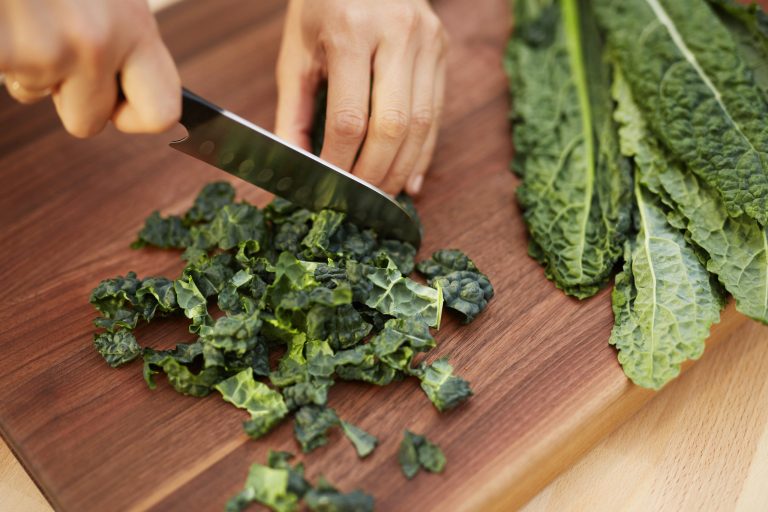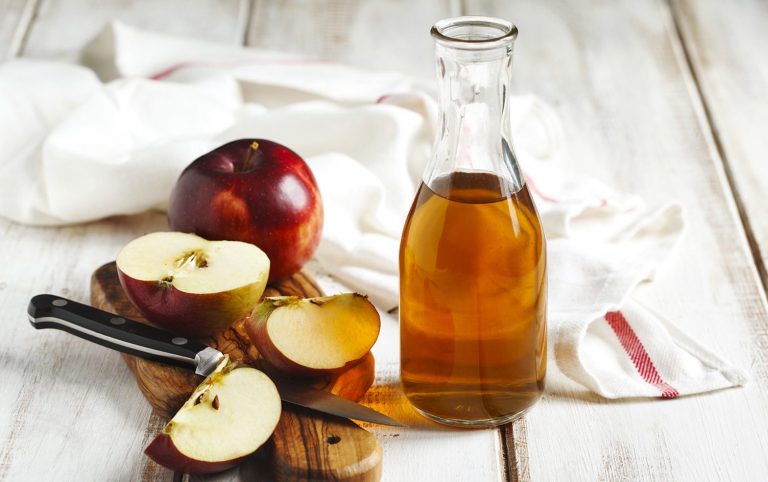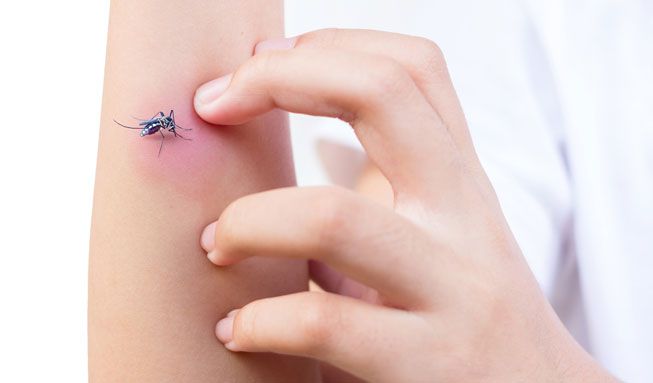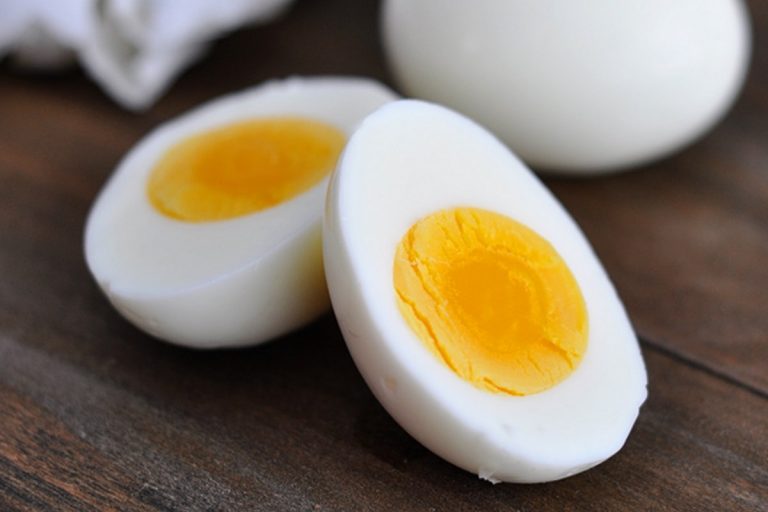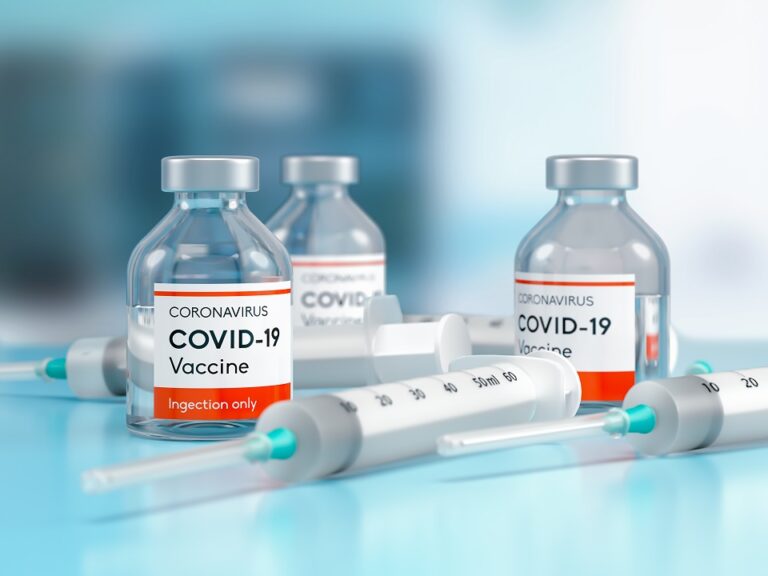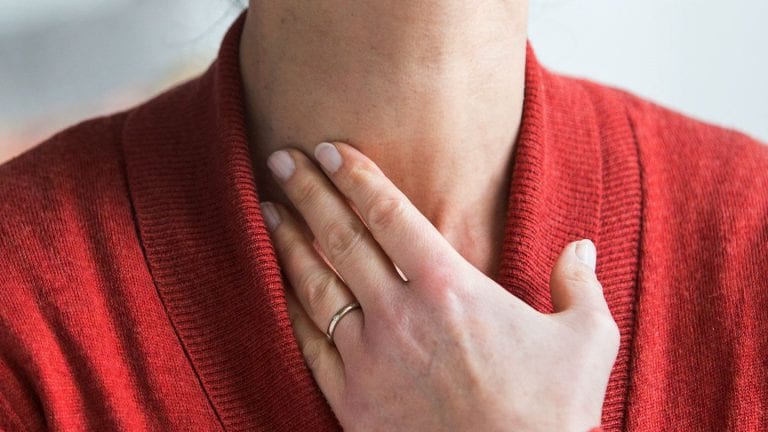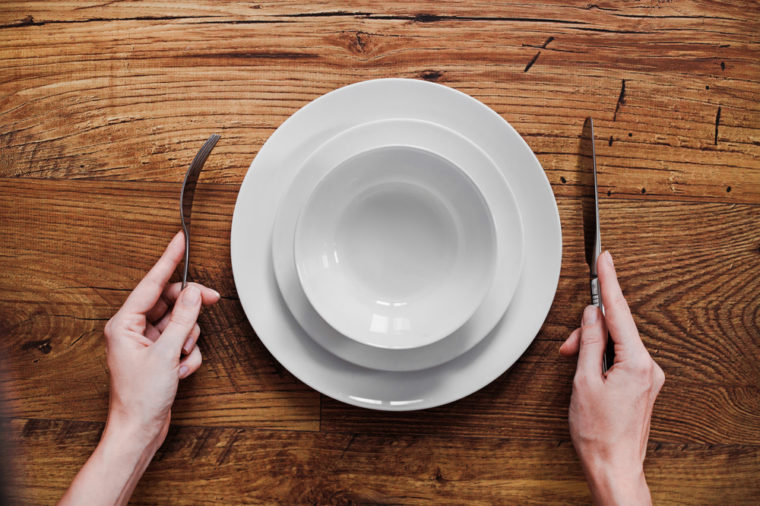One in three American adults has high blood pressure and that’s worrying. High blood pressure is a common disease in which blood flows through blood vessels at higher than normal pressures. Blood pressure normally rises with body size and age. When your blood flows through blood vessels at higher than normal pressures, you are at the risk for health problems, such as heart disease, heart attacks, kidney disease, stroke and cognitive issues. Are you scared enough? The scariest thing at high blood pressure it’s that sometimes isn’t accompanied by any symptoms. A research from the Centers for Disease Control says that only about half of those diagnosed with hypertension have it under control.
You are lucky if you know that there are natural ways to lower your blood pressure. “Part of the problem is that people aren’t being screened for high blood pressure—and those who are often don’t realize that they can control high blood pressure—or even where to start,” says Cordialis Msora-Kasago, R.D.N., a spokesperson for the Academy of Nutrition and Dietetics. Here are some natural ways that actually can lower your blood pressure.
1. Tame your high blood pressure by being active

Work out to strength your heart! If you want to lower your heart rate, exercise regular and you can succeed. Also, exercise boosts your body, which means that your heart doesn’t have to work so hard to get oxygen. Experts recommend being active for at least 30 minutes each day on most days of the week, but you can do more, if you have enough time.
2. Pattern your diet after dash
After you exercise keep your body opened just for healthy meals. Some research shows that if you keep eating healthy after you exercise, you can restrain your blood pressure. The DASH diet it’s based on fruit, vegetables, whole grains, legumes, nuts and seeds, fish, poultry and low-fat dairy—and limits red meats, processed foods, sugary drinks and alcohol. Since the original DASH diet study was published in 1997, clinical trials have found the DASH diet to be most effective at lowering systolic and diastolic pressure (by an average of 7.6 mm Hg and 4.2 mm Hg respectively), according to a 2016 review in Hypertension.
3. Zen mood on

If you think you are a stressed person, this may contribute to hypertension. When you are in stressful situations, the release of your hormones is increasing your heart rate. A 2017 review shows that if you make breathing exercises and meditation, you can reduce blood pressure. Also, make sure you are getting enough sleep per night.



